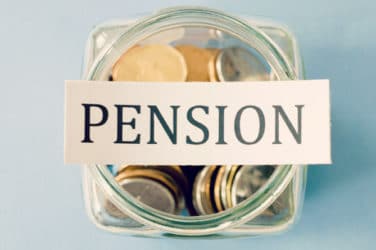
Asset management institutions in Japan are shifting to electronic trading, as 50% of respondents are using electronic trading and more than 75% of those firms have increased their use since 2010, according to a survey by Nomura Research Institute, Ltd. (NRI), a provider of consulting services and systems.
As electronic trading continues to build momentum in the region, institutions are communicating less with their broker-dealers. According to the survey, nearly 50% of respondents confirmed communication with the broker-dealer community is decreasing.
“As the survey demonstrates, Japanese asset management institutions are shifting to electronic trading and it is gaining momentum in the region,” said Mitsuhiro Tsunoda, senior consultant at NRI. “At the same period, more broker-dealers are downsizing their sales trading teams to focus on electronic trading services and as a result, there are fewer people with those organizations with whom their client of asset managers can communicate with.”
In addition to algorithmic trading, 47% of firms using electronic trading have increased their use of direct market trading (DMA) throughout the past three years and 44% of respondents have decreased their use of discretionary trading since 2010.
“Paradoxically, even asset managers using electronic trading have strong demands for the communication with brokers-dealers,” Tsunoda said. “Effective development for this communication will be the issue for the asset managers and broker-dealers community in Japan.”
Also, 65% of respondents plan on increasing their use of darks pools as an execution venue, and 64% of respondents plan on increasing their use of IOIs in the future.
“Alternative trading tools such as dark pools and IOIs, enable the anonymous buying and selling of large blocks of shares while mitigating risk,” said Mitsuhiro. “The implementation of blanket basis order handling rule and averaged price rule will continue to generate larger size of block orders, dark pools and IOIs use will continue to increase and proposition of those tools would be imperative for broker-dealers.”
Under the blanket basis order handling rule, several orders with common requirements from several fund units are allowed to be handled as a single order on blanket basis. Under the averaged price rule, several executed prices from a single order are allowed to be handled with the average price.
NRI conducted this survey in September among leading Japanese asset management institutions, including investment advisory firms, asset managers, life insurers and trust banks that have trading desks in Japan.






